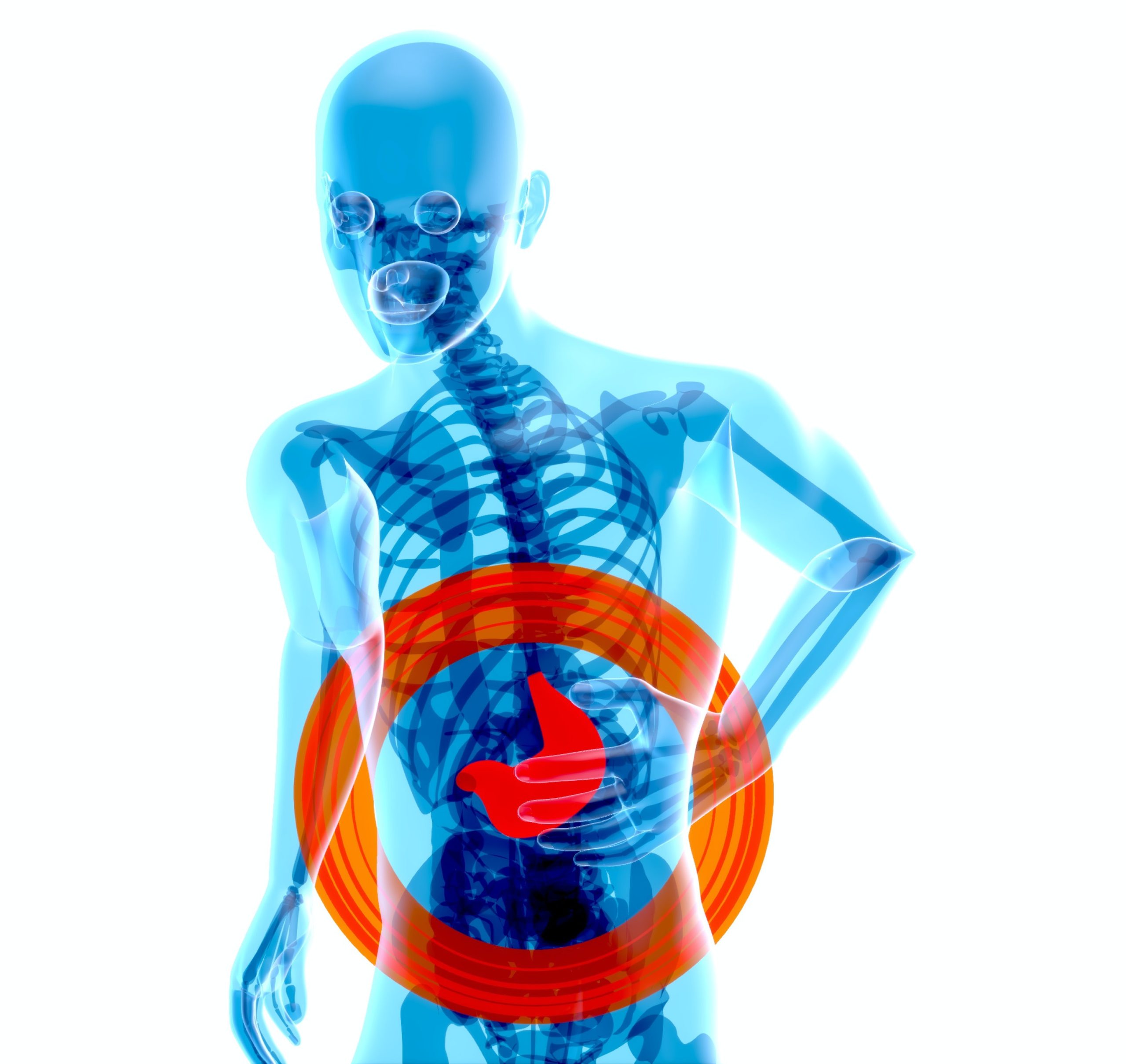Fatty liver disease is a condition in which excess fat accumulates in the liver, causing inflammation and damage. While obesity and poor diet are common causes of fatty liver disease, excessive alcohol consumption is also a significant risk factor. In this article, we’ll explore the connection between fatty liver and alcohol consumption and how to reduce your risk of developing this condition.
What is Fatty Liver Disease?
Fatty liver disease, also known as hepatic steatosis, is a condition in which excess fat accumulates in the liver. This can lead to inflammation and damage, which can progress to more serious liver conditions such as cirrhosis and liver cancer.
There are two types of fatty liver disease: alcoholic fatty liver disease and non-alcoholic fatty liver disease. Alcoholic fatty liver disease is caused by excessive alcohol consumption, while non-alcoholic fatty liver disease is caused by factors such as obesity, high cholesterol, and insulin resistance.
The Connection Between Alcohol and Fatty Liver
Alcohol is processed by the liver, and excessive alcohol consumption can overwhelm the liver’s ability to metabolize it. This can lead to the accumulation of fat in the liver, which can cause inflammation and damage over time.
The risk of developing alcoholic fatty liver disease increases with the amount of alcohol consumed and the duration of heavy drinking. Men who consume more than 14 drinks per week and women who consume more than 7 drinks per week are considered to be at high risk of developing alcoholic liver disease.
It’s important to note that not everyone who drinks heavily will develop fatty liver disease. Some individuals may have a genetic predisposition to the condition, while others may be more susceptible due to factors such as obesity, poor diet, and underlying medical conditions.
Reducing Your Risk of Fatty Liver Disease
If you’re concerned about your risk of developing fatty liver disease, there are several steps you can take to reduce your risk. These include:
- Limiting alcohol consumption: If you choose to drink alcohol, limit your intake to no more than one drink per day for women and two drinks per day for men.
- Maintaining a healthy weight: Obesity is a significant risk factor for fatty liver disease, so it’s important to maintain a healthy weight through a balanced diet and regular exercise.
- Eating a healthy diet: A diet that is high in fruits, vegetables, whole grains, and lean protein can help reduce your risk of fatty liver disease.
- Managing underlying medical conditions: Conditions such as diabetes, high cholesterol, and high blood pressure can increase your risk of fatty liver disease, so it’s important to manage these conditions effectively.
- Avoiding liver-damaging substances: Certain medications, supplements, and toxins can damage the liver and increase your risk of fatty liver disease. Be sure to speak with your healthcare provider about any medications or supplements you are taking, and avoid exposure to toxins whenever possible.
In conclusion, excessive alcohol consumption is a significant risk factor for fatty liver disease. If you’re concerned about your risk of developing this condition, it’s important to limit your alcohol consumption, maintain a healthy weight, eat a balanced diet, manage underlying medical conditions, and avoid liver-damaging substances. If you’re experiencing symptoms such as abdominal pain, fatigue, or jaundice, it’s important to speak with your healthcare provider to receive an accurate diagnosis and develop a personalized treatment plan.




